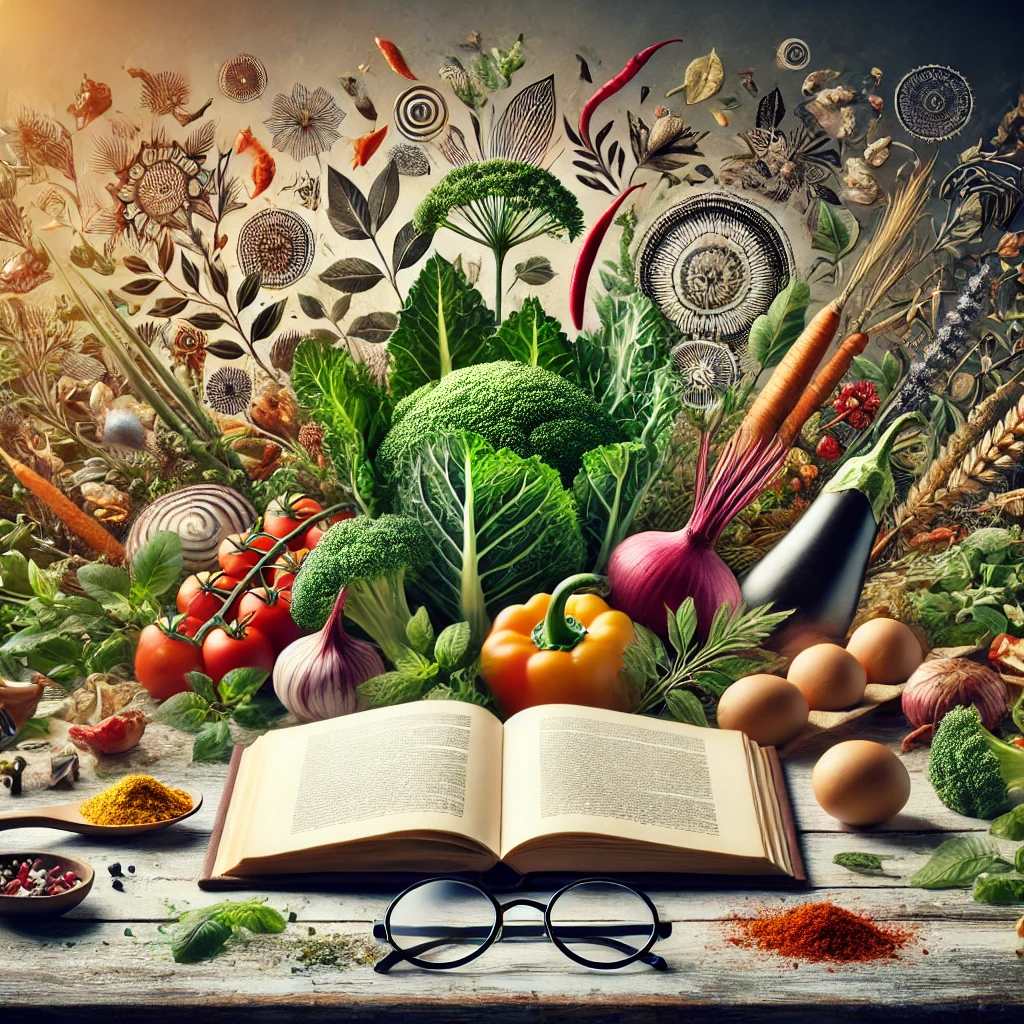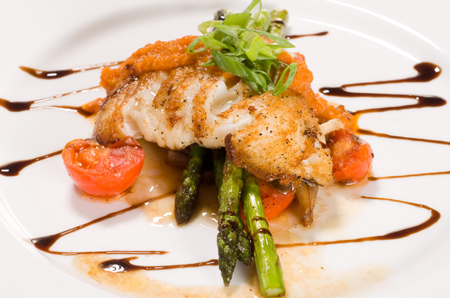Cultivating a well-developed brain: Lessons from Top Chef and academia

Cultivating a Well-Developed Palate: Growth Through Challenge
On the reality TV show Top Chef, contestants face a unique challenge: they can’t refuse to work with any ingredient, no matter how unfamiliar, unappealing, or intimidating it might be. Their ability to embrace the unfamiliar often determines their success.
The chefs who win the competition aren’t just good at cooking; they possess what’s called a “well-developed palate.” This doesn’t mean they only appreciate what’s easy or familiar—it means they can discern and value complexity, nuance, and even discomfort.
This idea applies far beyond the kitchen.
As an academic teacher, I’ve seen this dynamic play out with Ph.D. students. Some resist reading challenging literature, gravitating instead toward material that feels easier or more comfortable. But true growth comes from grappling with complexity, engaging deeply with ideas that stretch our understanding, and stepping outside of our intellectual comfort zones.
Chefs Have to Taste Everything—So Do Scholars
Whether you’re a chef or a budding scholar, the process of “tasting” the unfamiliar—whether it’s a new ingredient, a tough book, or a challenging concept—pushes you to expand your range. Growth doesn’t come from staying within the boundaries of what feels safe. It happens when you stretch your palate or your mind to explore the unfamiliar and uncomfortable.
The most accomplished individuals in any field are those who embrace the full spectrum of experiences, flavors, and ideas. This willingness to engage deeply and courageously is what separates the good from the truly exceptional.
Growth Happens Beyond the Comfort Zone
Just as a chef’s palate evolves with every ingredient they taste, a scholar’s mind sharpens with every challenging idea they explore. It’s the process of leaning into complexity and confronting discomfort that opens the door to transformation.
Whether in the culinary world or academia—or any area of life—developing a “well-developed palate” requires curiosity, resilience, and a willingness to embrace the unknown. So, the next time you encounter something unfamiliar or intimidating, remember: growth and greatness lie just beyond your comfort zone.





